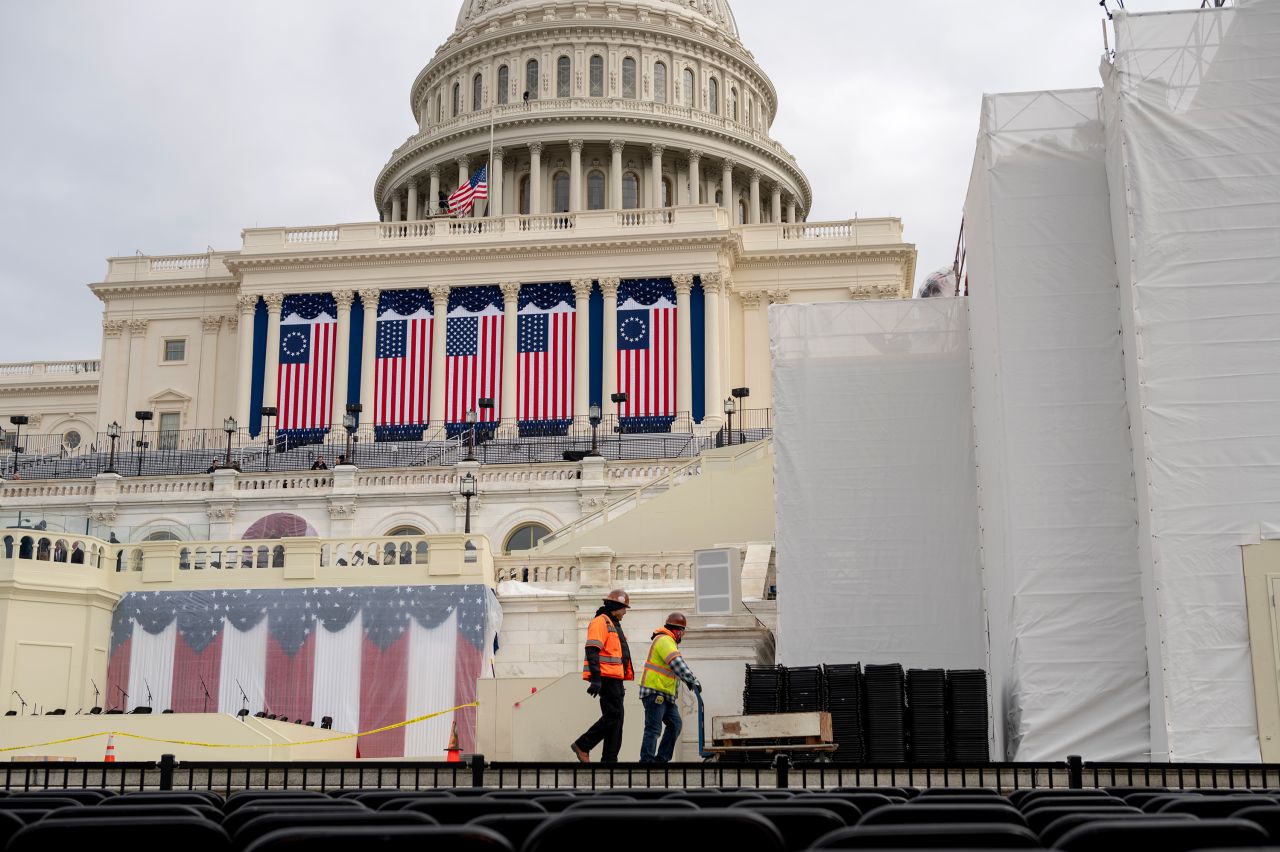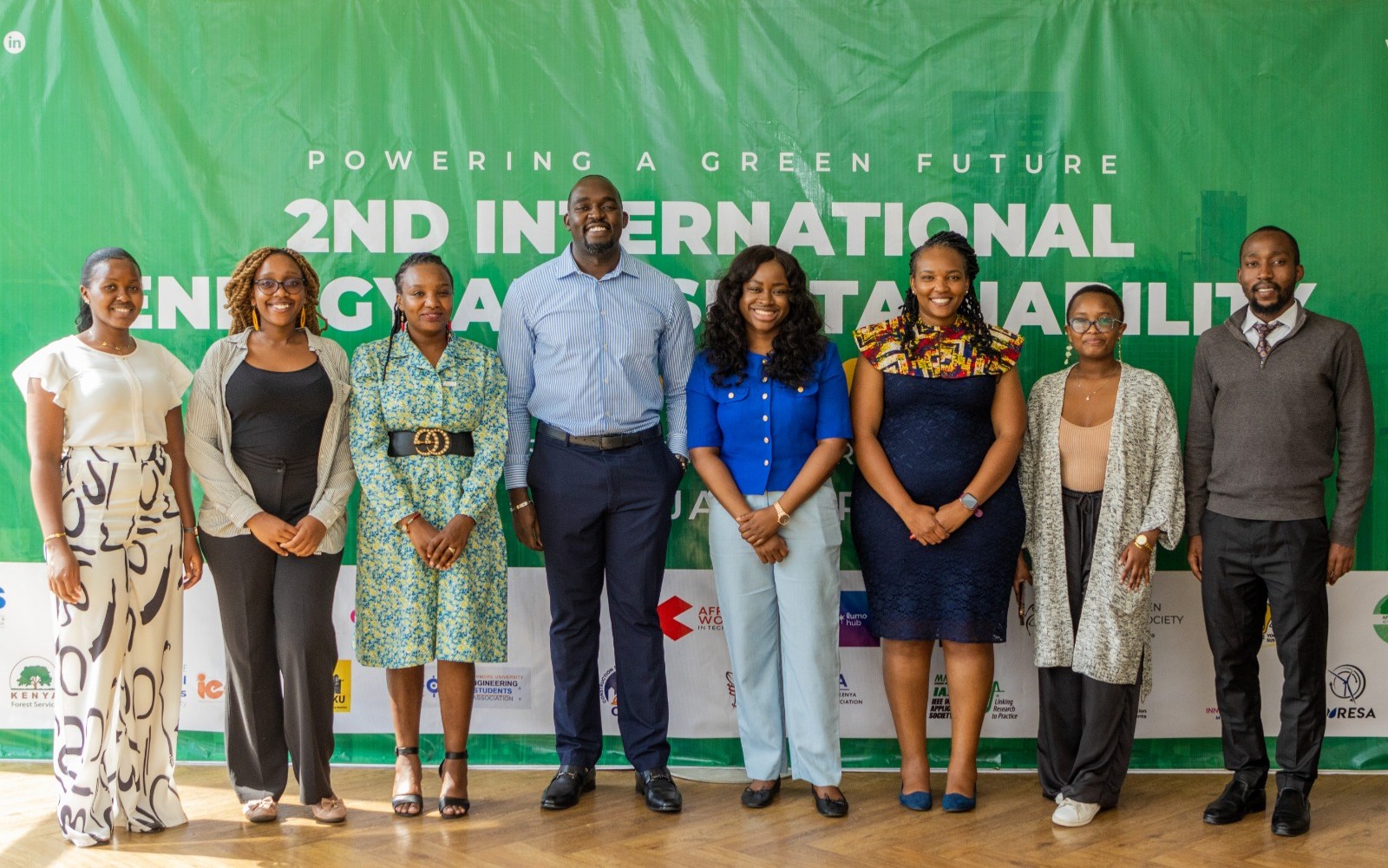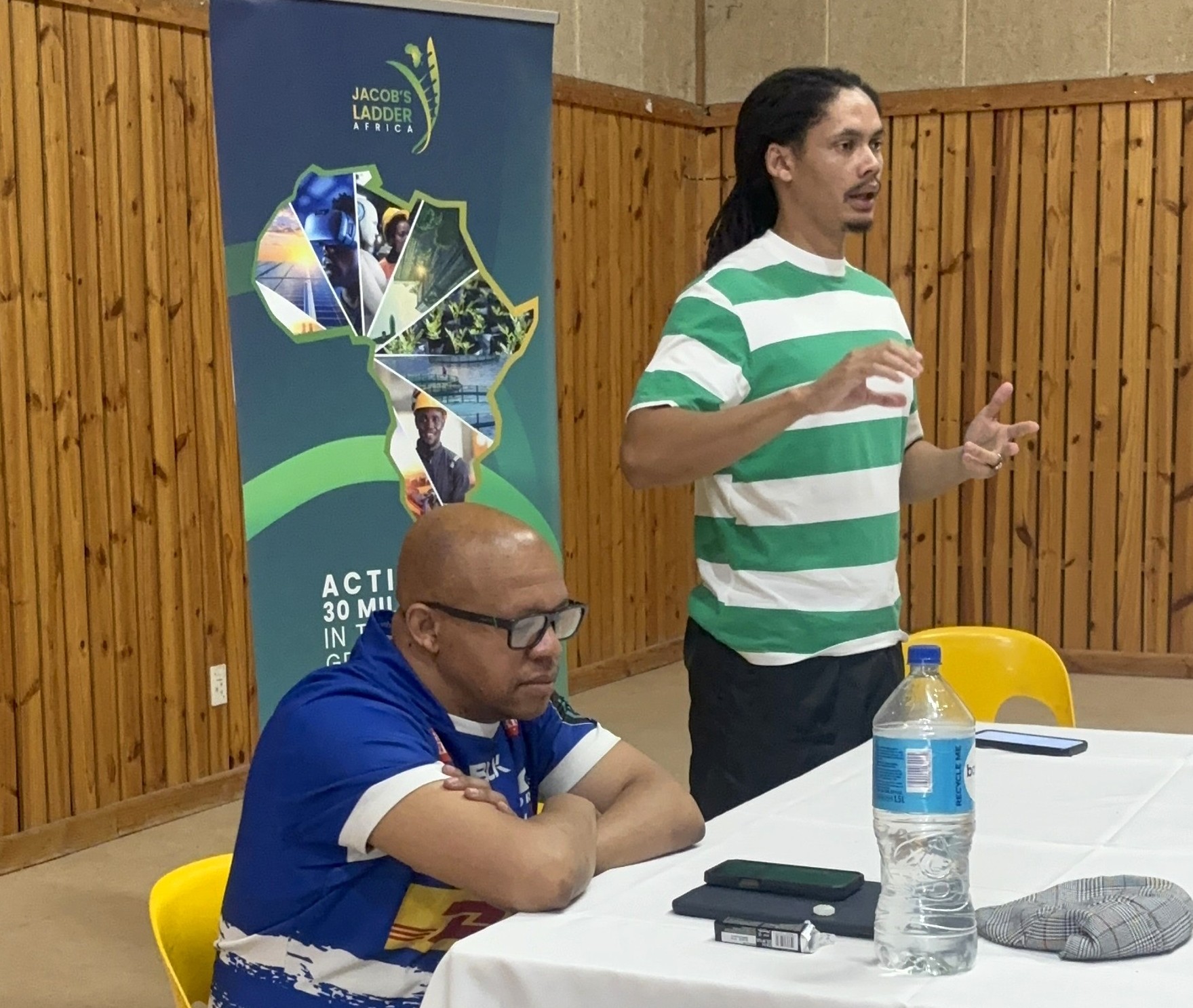As we progress through 2025, the global political landscape continues to evolve, with the inauguration of Donald Trump for another term as U.S. President shaping discussions on climate policy. For climate advocates—especially the youth-driven networks championing green workforce development in Africa—this shift presents pressing questions about the future of global climate action and the role of young leaders in driving sustainable solutions.
President Trump’s first administration was marked by the withdrawal of the U.S. from the Paris Agreement and a focus on deregulating industries—decisions that had ripple effects on global climate policies. While it remains uncertain how his renewed leadership will fully impact global climate change efforts, one thing is clear: the time for localized and regional action has never been more urgent.
At Jacob’s Ladder Africa (JLA), we understand the profound importance of empowering youth to lead the charge in combating climate change. Regardless of political headwinds, young climate champions must rise to the occasion, armed with innovative solutions, resilience, and commitment to sustainability.
We’d like to recommend these five actionable steps for individuals and communities to contribute to a sustainable future:
- Transition to Renewable & Energy-Efficient Solutions
For Individuals: Switch to solar energy, use energy-efficient appliances, and LED lighting, and adopt smart energy practices such as unplugging devices when not in use.
For Communities: Demand for clean energy policies, and support local renewable initiatives.
The impact of this will be the reduction of reliance on fossil fuels, electricity cost cuts, and lowering overall carbon emissions.
- Adopt Sustainable Mobility & Low-Carbon Transport
For Individuals: Opt for public transport, carpooling, cycling, walking, or switching to electric vehicles (EVs). Reduce unnecessary air travel.
For Communities: Push for better public transit infrastructure, creation of cycling lanes, and support EV incentives & shared mobility solutions.
The impact of this would be a decrease in carbon emissions from transport, improvement in air quality, and reduced traffic congestion.
- Support & Practice Regenerative Agriculture & Sustainable Diets
For Individuals: Reduce food waste, eat more plant-based meals, buy local produce and compost organic waste.
For Communities: Support urban farming, agroforestry, and regenerative agriculture to improve soil health and local food security.
This would cut methane emissions from food waste, reduce water use, and enhance soil carbon storage.
- Advocate & Participate in Climate Finance Solutions
For Individuals: Invest in green funds, carbon credits, and sustainable businesses. Choose banks and financial institutions that prioritize climate-positive investments.
For Communities: Push for climate financing policies, support green enterprises, and drive investment into climate adaptation & mitigation projects.
This would help mobilize funds for clean energy, sustainable projects, and just transitions while reducing climate investment gaps.
- Make a Climate Pledge
Commit to specific, measurable climate goals for 2025. This could involve planting a certain number of trees, transitioning to renewable energy, or cutting your household emissions by half, setting and publicizing your goals can inspire accountability and collective action.
The Call to Action
As global leadership dynamics shift, it’s crucial to recognize that the power to combat climate change doesn’t rest solely with governments. Communities, organizations, and individuals must seize the reins of action. Together, through advocacy, education, and grassroots efforts, we can turn challenges into opportunities.
Take the JLA Climate Pledge: This year, JLA invites you to take the 2025 Climate Pledge. By committing to meaningful actions, you join a community of climate leaders working to secure a greener future for Africa and the world. Share your pledge on social media using #JLAGreenerGoals and #2025ClimatePledge to amplify our collective impact.






